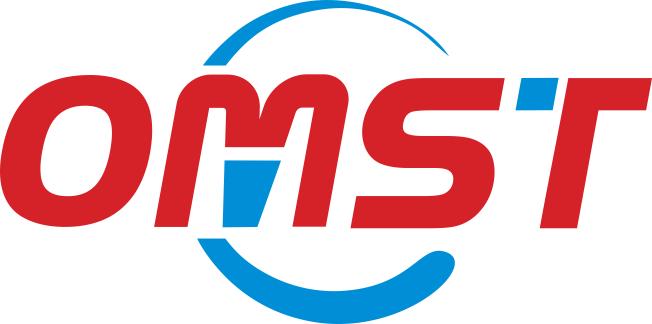Complete Guide to Milling Machine Tools: 2025 Sélection & Applications
In modern machining, milling machine tools are the backbone of precision manufacturing. From aerospace components to medical implants, choosing the right cutter directly impacts surface finish, tool life, and production costs. This 2025 guide systematically covers:
✔️ 10+ essential milling cutter types
✔️ Material-specific selection charts
✔️ Industry-proven application strategies
je. Core Milling Cutter Types & Applications clés
1. Fraises en bout: The Versatile Workhorses
- Standard End Mills
Cylindrical tools with peripheral/end cutting edges (0.5-200mm diameters). Best for: Shoulder milling, rainurage, et contouring. - Fraises à bout sphérique
Spherical tips enable complex 3D profiling (par ex., cavités de moule) with 0.05mm precision. - Fraises en bout à rayon d'angle
R-angle (0.5-5mm) design prevents chipping in semi-finishing operations.
2. High-Efficiency Face Milling Tools
- Face MillsLarge-diameter cutters (500mm+) with indexable carbide inserts for rapid material removal.
- Helical Mills
Specialized for aluminum (800m/min cutting speed) with vibration-dampening geometry.
II. Data-Driven Tool Selection Guide
Tool Material Matrix
| Matériel | Outil recommandé | Key Benefit |
|---|---|---|
| Mild Steel (≤HRC30) | HSS End Mills | Cost-effective for prototypes |
| Titanium Alloys | Coated Carbide | Withstands 1200°C heat |
| Hardened Steels | Ceramic Inserts | 3× longer lifespan |
Machining Strategy Cheat Sheet
1 Ebauche:
- Use corn cob cutters (spiral teeth)
- Apply 0.3mm/tooth feed rates
2 Finition:
- 6+ fraises à cannelure
- Achieve Ra 0.01μm surfaces
III. Industry-Specific Cutting Solutions
Aérospatial: Extreme Material Challenges
- Titanium Blades: PCD end mills + 5-axis machining (0.02mm tolerance)
- CFRP Components: Diamond-coated tools prevent delamination
IV. 2025 Technology Trends
- Outillage intelligent: RFID-enabled holders track wear in real-time
- Eco-Friendly: Dry machining eliminates coolant waste
Key Takeaways for Machinists
- Material Matters: Match tool substrate to workpiece hardness
- Process Optimization: Roughing ≠ finishing tool requirements
- Future-Proofing: Adopt IoT-enabled tooling for predictive maintenance
 Fraise de précision,Outils de coupe pour l’usinage CNC de chaque matériau
Fraise de précision,Outils de coupe pour l’usinage CNC de chaque matériau
